How HR Can Tackle Workplace Culture Challenges With Corporate Team-Building
Having a healthy and thriving workplace culture is the dream of all Human Resource (HR) professionals, but establishing it may seem like a fantasy when they are inundated with challenges on all fronts. There is one solution that can make this a reality: corporate team-building workshops.
A successful corporate team-building experience will translate to better interpersonal relationships within teams and departments, improve organisational performance, drive engagement and motivation levels among staff members, and enhance employee satisfaction.
In this article, we'll explore how effective corporate team-building initiatives can be in tackling challenges faced by HR professionals when trying to bring about change to their workplace culture:
Top HR Challenges in Workplace Culture
1. Apathetic Workforce
Apathy is contagious. When team members lack the interest and motivation for their work, accomplishing essential tasks can feel like “mission impossible”. It affects team morale, decision-making, and productivity.
Companies consequently search for corporate team-building initiatives to foster positive employee communication and create an environment where collaboration and giving everyone’s best are the norm.
The fact that 80% of employers and employees agree on the importance of cultivating a sense of community in their workplace, as reported by Gusto, cements the significance of corporate team-building in building an engaged workforce.
2. Overly “Self-Sufficient”
Many companies have a “self-sufficient” attitude when it comes to corporate team-building. These companies who are unwilling to set aside the budget for it attempt to do it internally. The gargantuan task of transforming workplace culture through corporate team-building is now handed over to the management or leaders of the teams.
However, just because they are in positions of leadership within the company, it does not correlate to them having the necessary skills and knowledge to lead a productive corporate team-building session.
Partnering with the right corporate team-building specialists can shape a workplace culture in powerful ways. To set your teams up for success, consider outsourcing your corporate team-building needs instead.
3. Poor Team Dynamics
There are many contributing factors to poor team dynamics. Be it the length of time a team has worked together to where the team stands in the stage of team development, all of these affect the synergy that teams have in working effectively. Teams can often struggle with non-communicative team members who are passive-aggressive or toxic team members who spread gossip – all of which affect the team dynamics negatively.
Corporate team-building workshops in Singapore are designed to help tackle these challenges in relational dynamics among employees. Through these sessions, teams can be equipped with tools to break down relational barriers and learn more about one another’s working styles and personalities. This ultimately helps build trust among team members and improves overall collaboration.
4. Ineffective Communication
Teams need to have effective communication to succeed. A major challenge HR professionals encounter is that of ineffective communication – where teams are unclear of how to communicate effectively in a way that enhances productivity. Without a culture that champions effective communication skills, productivity and efficiency suffer.
Corporate team-building workshops are particularly helpful in tacking this challenge as they provide tools for teams to cultivate a common language (such as the Strengths language) and guide them on how to structure conversations that build the team up.
This creates a supportive environment in which everyone feels valued and appreciated. As a result of that, there is no obstacle in the communication channels within the team as team members feel safe to share with each other candidly.
5. Shortlived Culture
Nothing ever lasts. Can that be said of workplace culture?
A constant challenge that plagues HR professionals is the difficulty of maintaining the workplace culture that has been established. When the sheer workload and the demands of the job set in, it is tempting for managers and team leads to discard the “new practices” and to stick with what they know.
This is why companies who invest in regular corporate team-building sessions stand in good stead to sustain the culture they have built.
When the organisational culture of a workplace is healthy and thriving, it increases productivity and drives staff to be their best selves. Corporate team-building in Singapore can be the bridge that enables organisations to perpetuate the culture they want to establish for the long term.
Final Thoughts
Investing in effective corporate team-building initiatives can profoundly and positively affect your business. Businesses can gain much from these activities by providing more opportunities for employees to collaborate, boosting creativity, and streamlining communication processes efficiently.
If you are a HR professional and you are wondering how to revive your workplace culture, get in touch with our dedicated corporate team-building consultants, who are ever-ready to design your ideal workshop that meets your needs!
Written by Rachel Chai
Connectedness • Empathy • Strategic • Belief • Context
Rachel is a Strengths School™ Certified Strengths Trainer and the Content Lead at Strengths School™. Being deeply introspective, she believes in helping others draw connections between how their unique strengths play out in their lives.
We are corporate team-building specialists based in Singapore, equipping in-person, virtual, and hybrid teams with practical tools to maximise collaboration and minimise conflict. Trusted by 600+ teams globally, our proven track record showcases our expertise in helping teams achieve their corporate team-building objectives.



